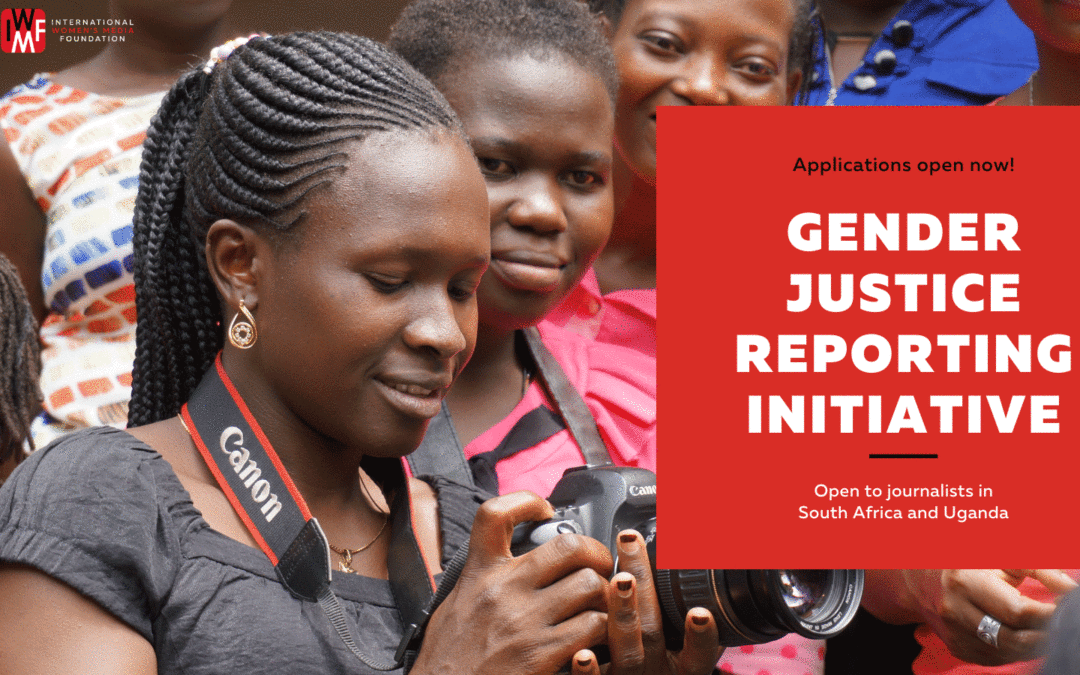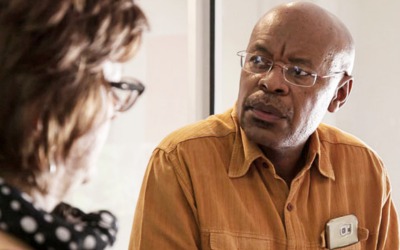
by Jamaine Krige | Mon, May, 2021 | Story
Writing the first draft of history is a big responsibility. This, according to award-winning journalist and fraycollege facilitator, Jamaine Krige. Speaking to Media Management graduates, she said that by amplifying voices that would otherwise not be heard and including them in history’s first draft, journalists can bring about real change.

by Jamaine Krige | Mon, May, 2021 | Story
With the spread of the Covid-19 pandemic, every aspect of life as we knew it changed. This included disruptions to the news and media landscape. But if so, much could change in just one year, what can the industry and industry leaders do to prepare themselves and their teams for the newsrooms of the future?

by Mamaponya Motsai | Thu, Apr, 2021 | Story
fraycollege is excited to partner with the IWMF on their Gender Justice Reporting Initiative. The initiative is aimed at enhancing the coverage of gender issues in South Africa and Uganda. In 2021, the IWMF will select 30+ journalists in South Africa and Uganda to participate in this program. Our fellows will complete a six-month, virtual training course.

by Mamaponya Motsai | Thu, Jan, 2021 | Story
In order to implement company strategy and grow your business, you need a supportive culture, one created through good communication. 2020 has been a year of disruption, with businesses all over the world having to adapt to remote working. As a result, norms around flexibility, change and innovation have been critical in 2020 and will only become more so.

by Mamaponya Motsai | Thu, Jan, 2021 | Story
The world’s view of Africa is informed by what Africa believes about itself. So, it is important to understand what African media are saying about other African countries. Particularly the media that are read by decision makers. The research consisted of a media coverage analysis of 60 publications in 15 countries, a survey of 39 editors as well as focus group discussions.





